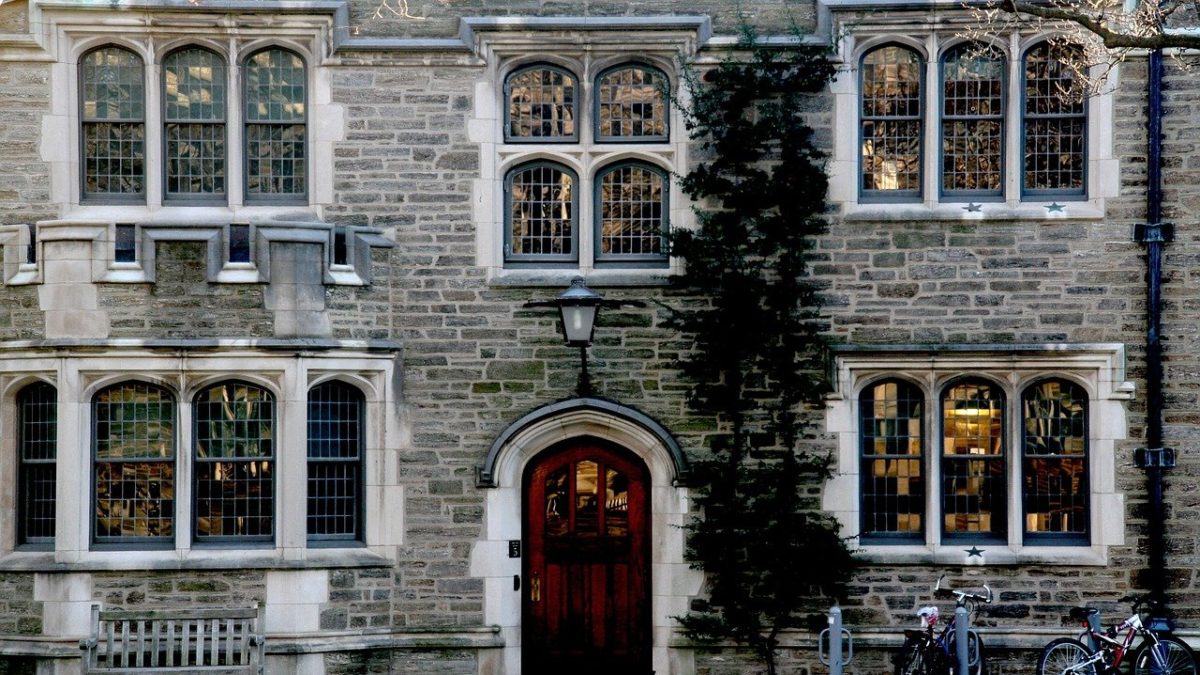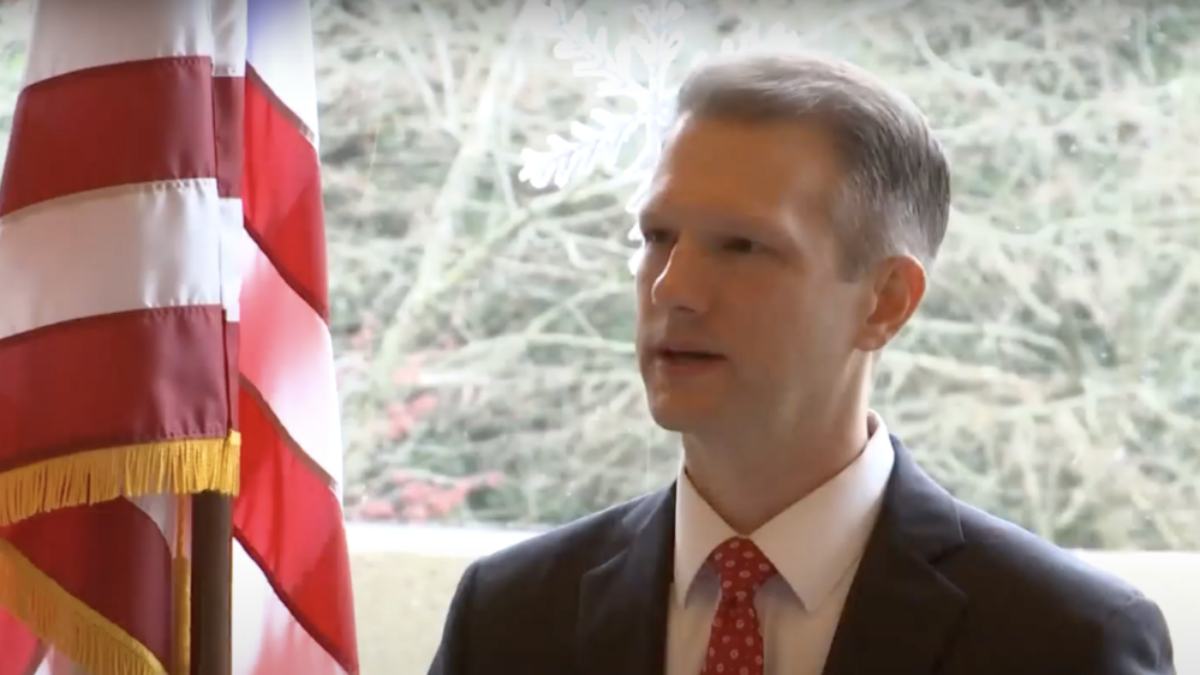On this episode of “The Federalist Radio Hour,” Federalist Western Correspondent Tristan Justice joins Culture Editor Emily Jashinsky to discuss his article “These Americans Are So Fed Up With Portland And Sacramento They Want To Redraw State Borders” and how the political divisions in Oregon speak to the rural-urban divide in the United States.
“You can say ‘live and let live,’ but in Oregon, it’s the most emblematic of our rural-urban divide in the country because it’s so extreme,” Justice said. “You’ve got 80 percent of the population living in 20 percent of the state — that’s Portland and Northwest Oregon — and then you’ve got 20 percent of the population living in 80 percent of the state. But the 80 percent of the population is dictating how the entire state lives, and with Oregon being as progressive as it is, and thereby the lawmakers ruling as progressive as they are from Salem, the capital has really begun to antagonize and bring out these divisions that have been simmering under the surface for years and years and years and might just be reaching a breaking point as is the country.”
Justice said that as the Democrat Party “radicalizes,” more overwhelmingly conservative areas will be forced to adopt progressive policies that often don’t work, causing further tension.
Progressive policies in these urban areas are not working, and I think the best case studies of that are the most progressive cities in the country: SanFrancisco, LA, Portland, Seattle, especially on the West Coast. All these West Coast cities that I’ve been to … I saw the same issues play out,” Justice said. “I think you go to progressives and you say, ‘You want to XYZ. How’s XYZ working out so far?’ And it’s not well. It builds resentment in other parts of the state, and you get what we’re seeing in Oregon now where people are just beginning to reject the higher order.”









